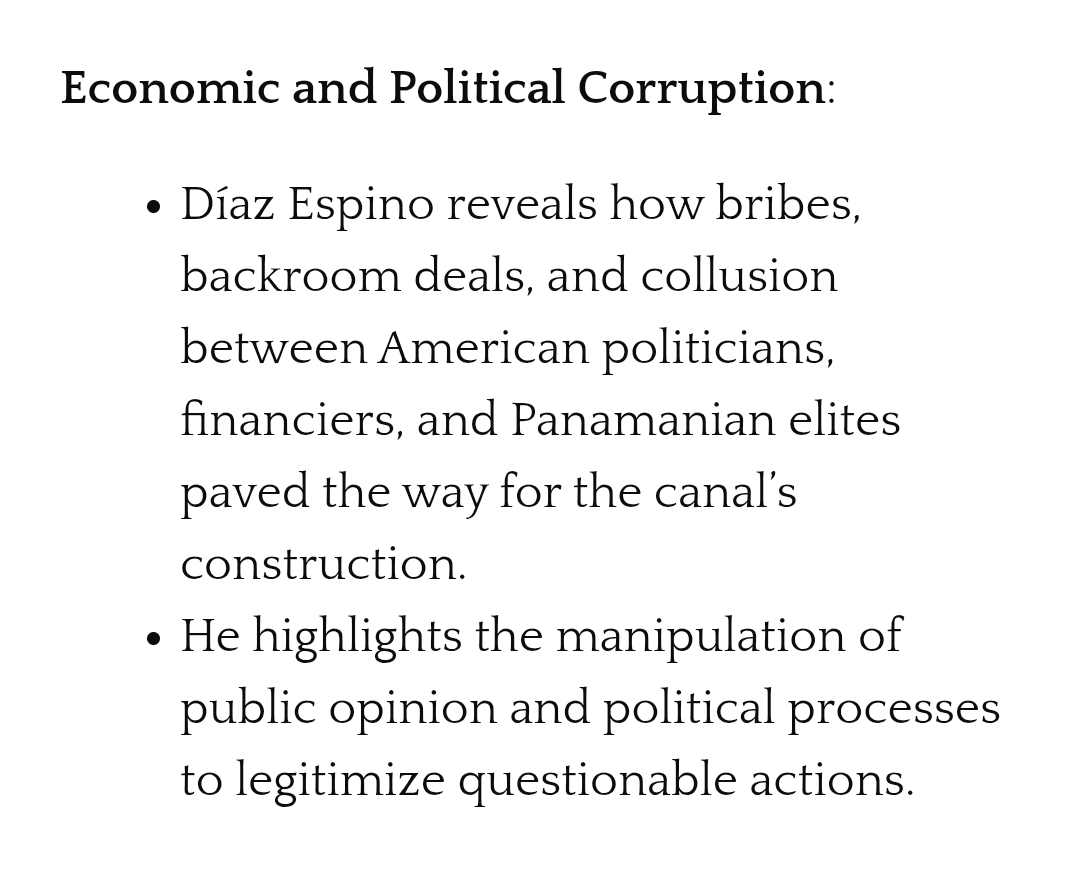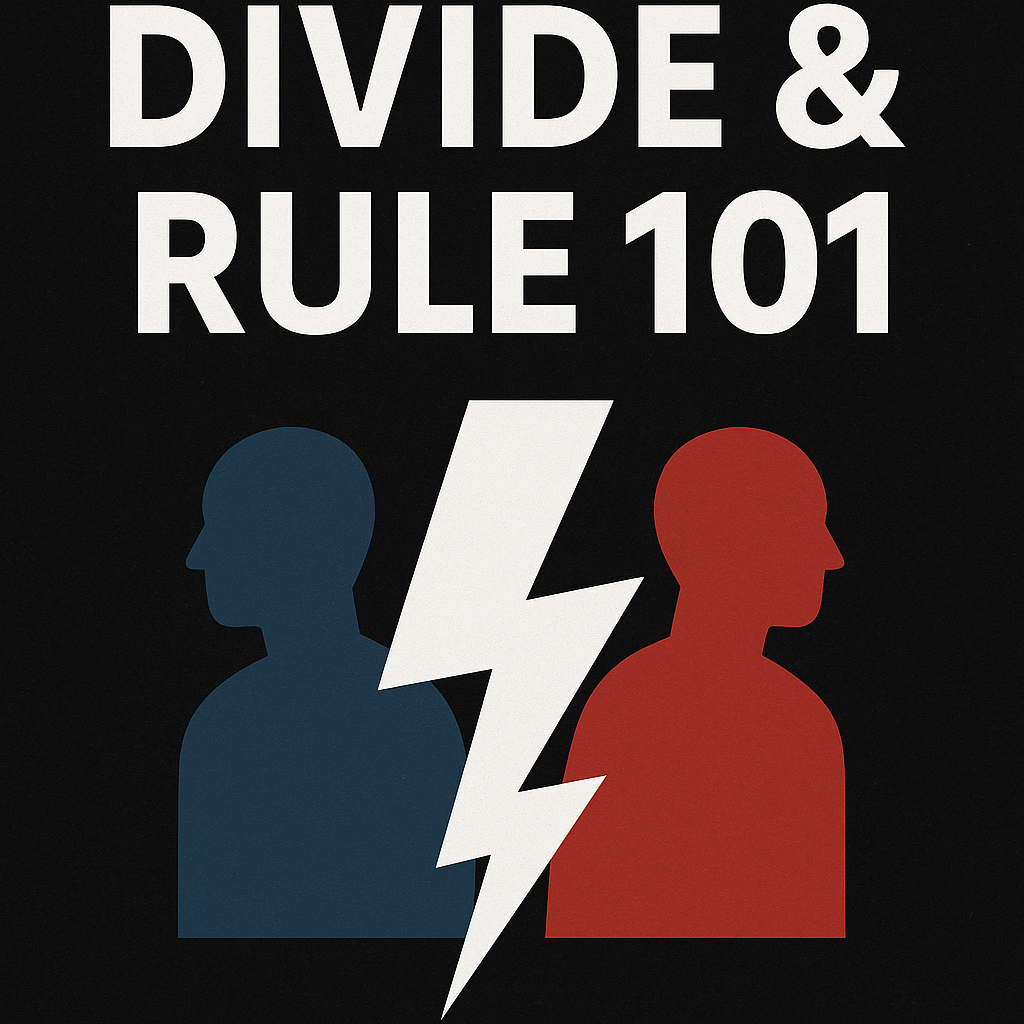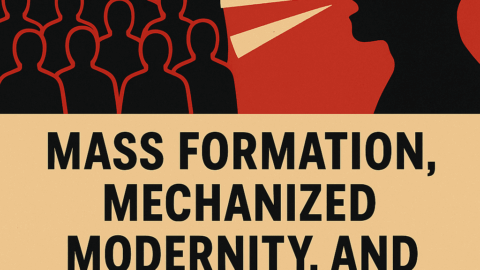The patterns described in Ovidio Díaz Espino’s How Wall Street Created a Nation: J.P. Morgan, Teddy Roosevelt, and the Panama Canal align closely with the strategies outlined in John Perkins’ Confessions of an Economic Hitman.
- How Wall Street Created a Nation: J.P. Morgan, Teddy Roosevelt, and the Panama Canal
- Confessions of an Economic Hit Man
- The New Confessions of an Economic Hit Man
- Hoodwinked: An Economic Hit Man Reveals Why the Global Economy Imploded—and How to Fix It
- The Secret History of the American Empire: The Truth About Economic Hit Men, Jackals, and How to Change the World
Both works reveal how economic and political power is wielded to achieve dominance over nations through financial manipulation, corruption, and the exploitation of local elites.

Here’s a detailed comparison:
Key Similarities
Economic Manipulation and Financial Dominance:
- In How Wall Street Created a Nation, Díaz Espino details how Wall Street financiers, like J.P. Morgan, orchestrated Panama’s independence and controlled the canal’s financial transactions for profit.
- Perkins describes how economic hitmen (EHMs) use loans, contracts, and economic dependency to dominate developing nations, ensuring they remain under the control of powerful corporations or governments.
Collusion with Local Elites:
- Díaz Espino illustrates how Panamanian elites, such as Philippe-Jean Bunau-Varilla, were bribed or incentivized to align with U.S. interests, ensuring the success of the canal project.
- Perkins recounts how EHMs co-opt local leaders, offering them financial incentives or leveraging threats to secure deals that primarily benefit foreign powers.
Strategic Use of Infrastructure Projects:
- The Panama Canal was a key infrastructure project, not only facilitating global trade but also symbolizing U.S. geopolitical and economic dominance in the Western Hemisphere.
- Perkins explains how EHMs often promote large-scale infrastructure projects—such as dams, power plants, or highways—that benefit multinational corporations while indebting host nations, trapping them in economic dependency.
Corruption and Backroom Deals:
- Díaz Espino highlights the backroom negotiations and unethical practices that characterized the Panama Canal’s construction, from orchestrating Panama’s independence to securing favorable financial terms.
- Perkins similarly describes how deals are brokered through corruption, hidden agreements, and manipulation, often at the expense of transparency or fairness.
Undermining National Sovereignty:
- The creation of the Panama Canal Zone represented a loss of sovereignty for Panama, with the U.S. exerting control over the region for decades.
- Perkins’ EHMs effectively undermine national sovereignty by indebting nations, ensuring they must comply with foreign demands or risk financial collapse.
Broader Implications
Pattern of Global Domination:
- Both books depict a broader strategy of using economic leverage to dominate nations, often under the guise of development or progress.
- The methods, whether through Wall Street’s financial dominance in Díaz Espino’s narrative or the calculated tactics of EHMs in Perkins’ account, reflect a systemic approach to consolidating global power.
Human and Social Costs:
- The Panama Canal project, as Díaz Espino shows, involved significant exploitation and inequality, with ordinary Panamanians bearing the costs of U.S. intervention.
- Perkins emphasizes that the projects promoted by EHMs often lead to environmental degradation, displacement of local communities, and long-term debt for host nations.
Imperialism in Modern Forms:
- Díaz Espino’s account of U.S. actions in Panama represents a clear example of early 20th-century imperialism, where political and military power supported economic interests.
- Perkins argues that this model has evolved into a more covert form of imperialism, where financial dependency replaces direct military intervention.
Conclusion
Díaz Espino’s and Perkins’ works together paint a detailed picture of how economic and political systems are used to manipulate nations, secure resources, and maintain global dominance. While Díaz Espino focuses on the historical example of the Panama Canal, Perkins broadens the lens to show how similar tactics have been applied globally. Both accounts serve as critical analyses of the intersection between finance, politics, and imperialism.







